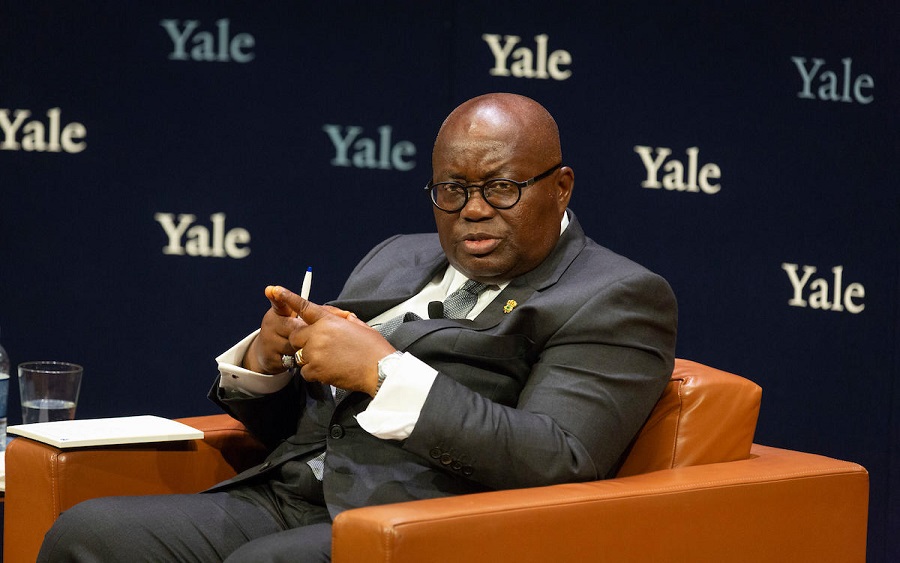Ghana plans to issue up to $2 billion in green and social bonds by November, making it the first African country to sell debt to support development projects.
Ghana would become a leader in African social bond issuance, capitalizing on an instrument that has grown in popularity since the coronavirus pandemic, according to Bloomberg.
A green bond is a fixed-income instrument designed particularly to raise funds for climate and environmental projects. Because these bonds are usually asset-linked and backed by the issuing entity’s balance sheet, they normally have the same credit rating as the rest of the issuer’s debt obligations.
Only a few sovereigns, like Chile and Ecuador, have sold them so far. Despite having posted its lowest economic growth rate in 37 years in 2020, Ghana will use the earnings to continue with a free secondary-school programme that began in 2017.
Sustainable bonds “are not cheap, there is no discount,” Ghanaian Finance Minister, Ken Ofori-Atta said. “We will seek to negotiate for the best terms though.”
Africa’s biggest gold miner anticipates output to grow 5% this year, up from 0.4% last year, while it aims for a budget deficit of 9.5% of GDP this year, down from 11.7% in 2020.
What they are saying
Ghana, which is planning to borrow up to $5 billion on international markets this year, would use the proceeds from these sustainable bonds to refinance debt used for social and environmental projects and pay for educational or health, Ofori-Atta said in an interview in the capital, Accra.
“The expectation is that the bonds will be issued in the fall and the maximum can be $2 billion,” after Ghana already sold $3.03 billion in March out of the $5 billion for which it has budget approval, Ofori-Atta said. Out of the total, $3.5 billion will be used to refinance debt already raised. “Our actual new debt will be $1.5 billion,” he said.
Ghana is also attempting to enhance tax revenue collection, which has typically lagged behind its regional counterparts. Following the government’s April 1 adoption of a system in which all national identity numbers function as tax numbers, President Nana Akufo-Addo predicted that the tax base would more than fivefold to 15.5 million people.
“We really want to be able to double our tax revenue to about 28% of GDP using digitalization, so we can create a much more vibrant economy in the next three years,” said Ofori-Atta.














